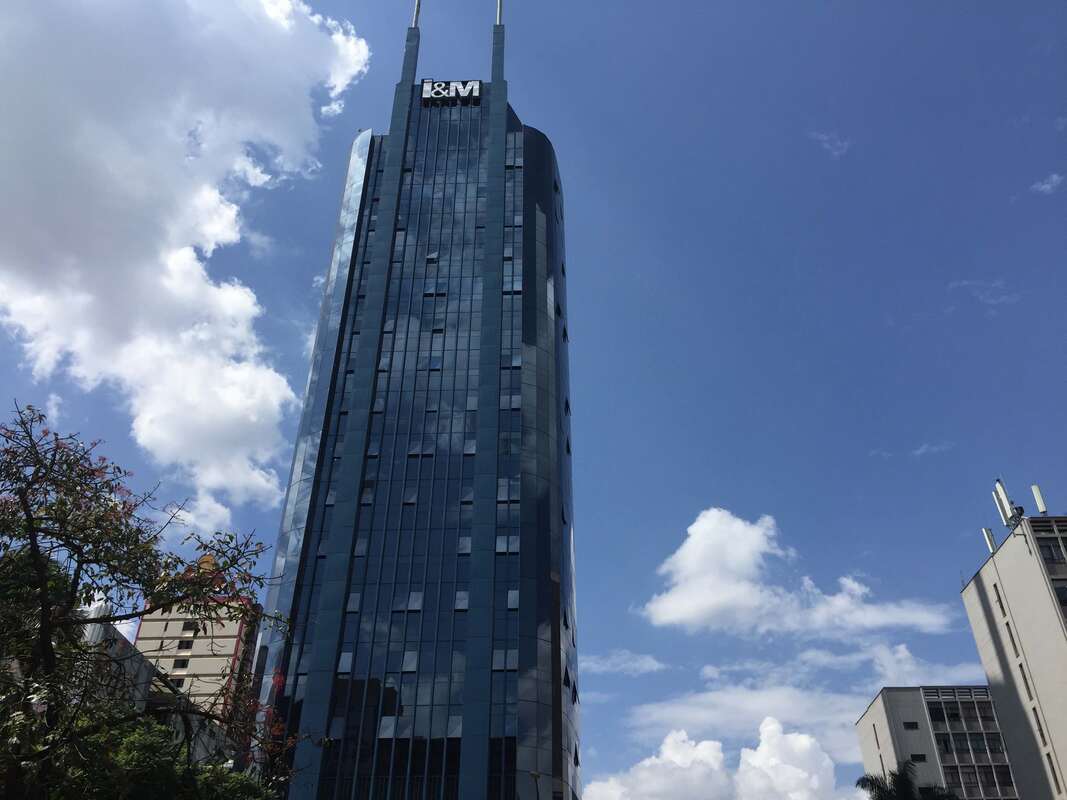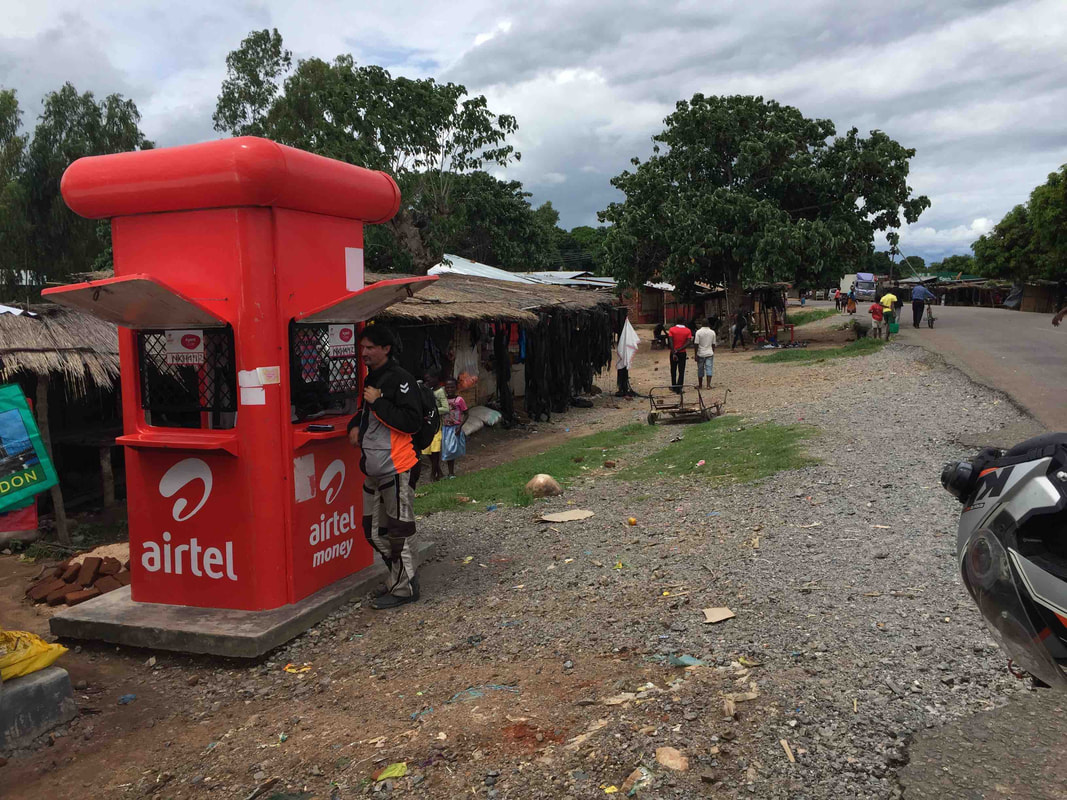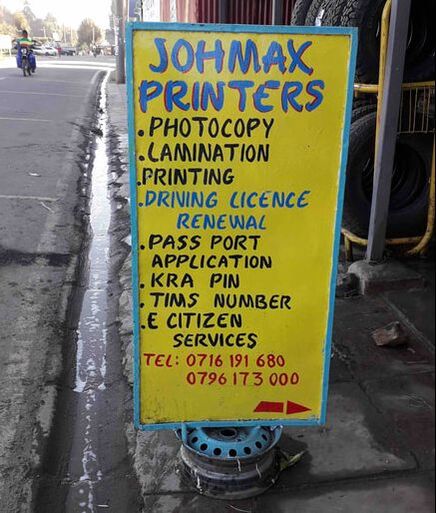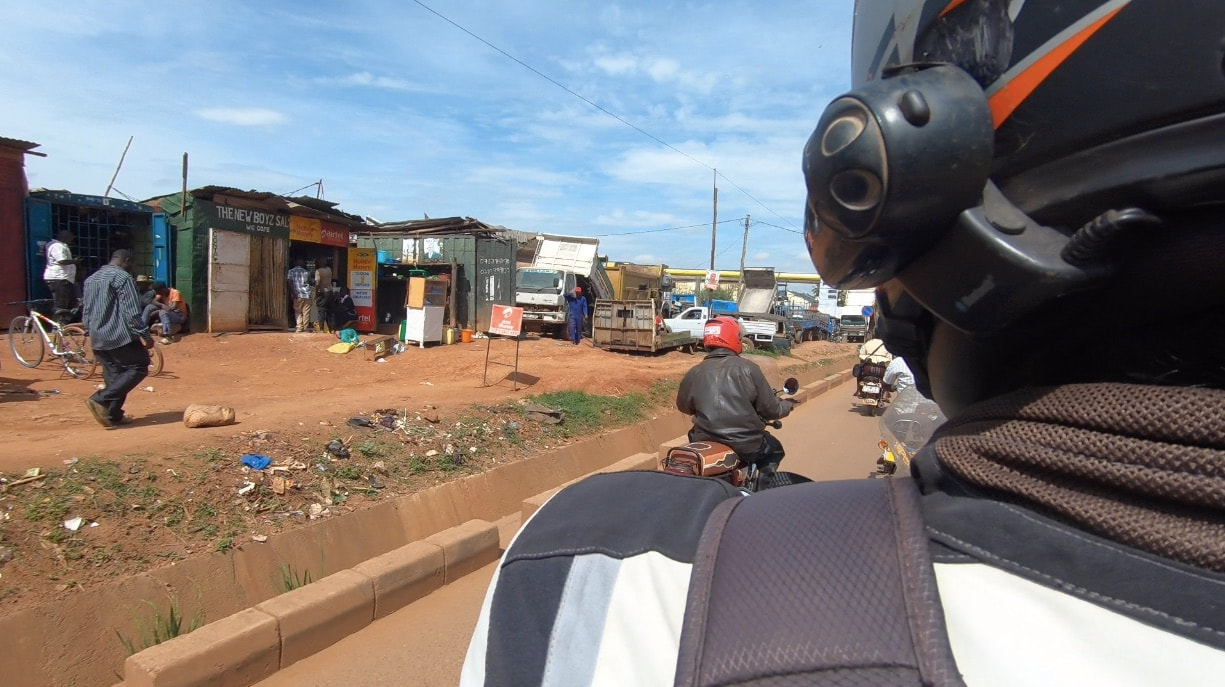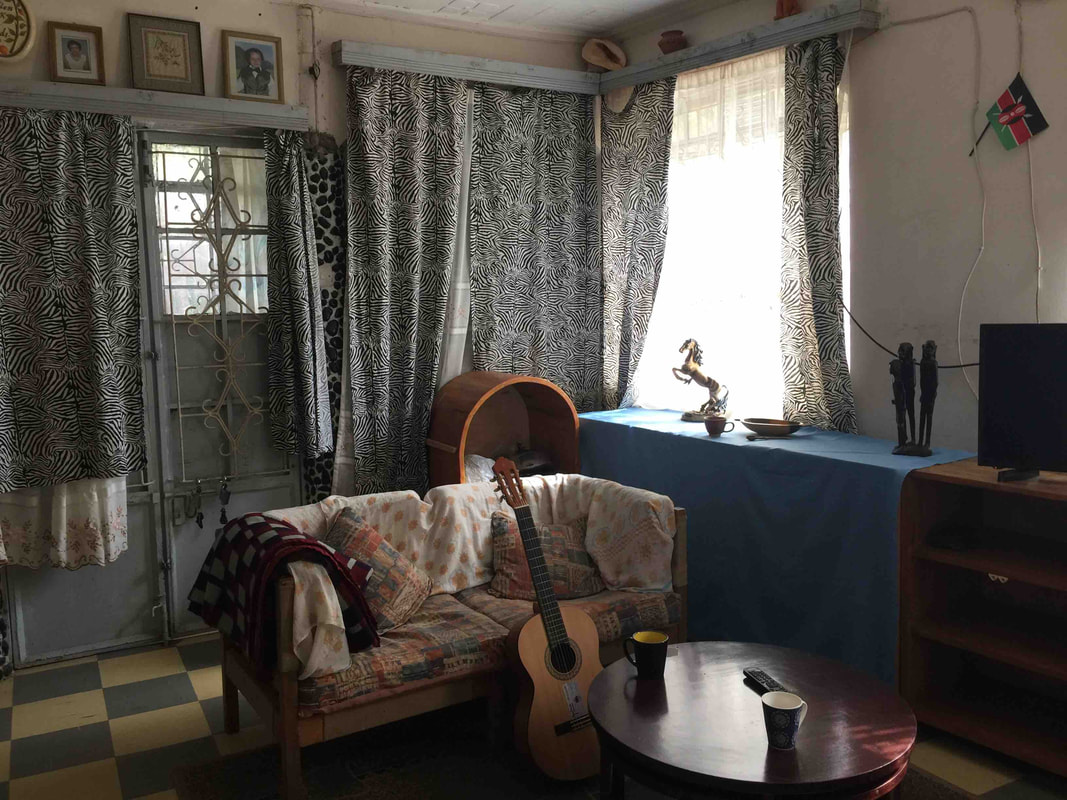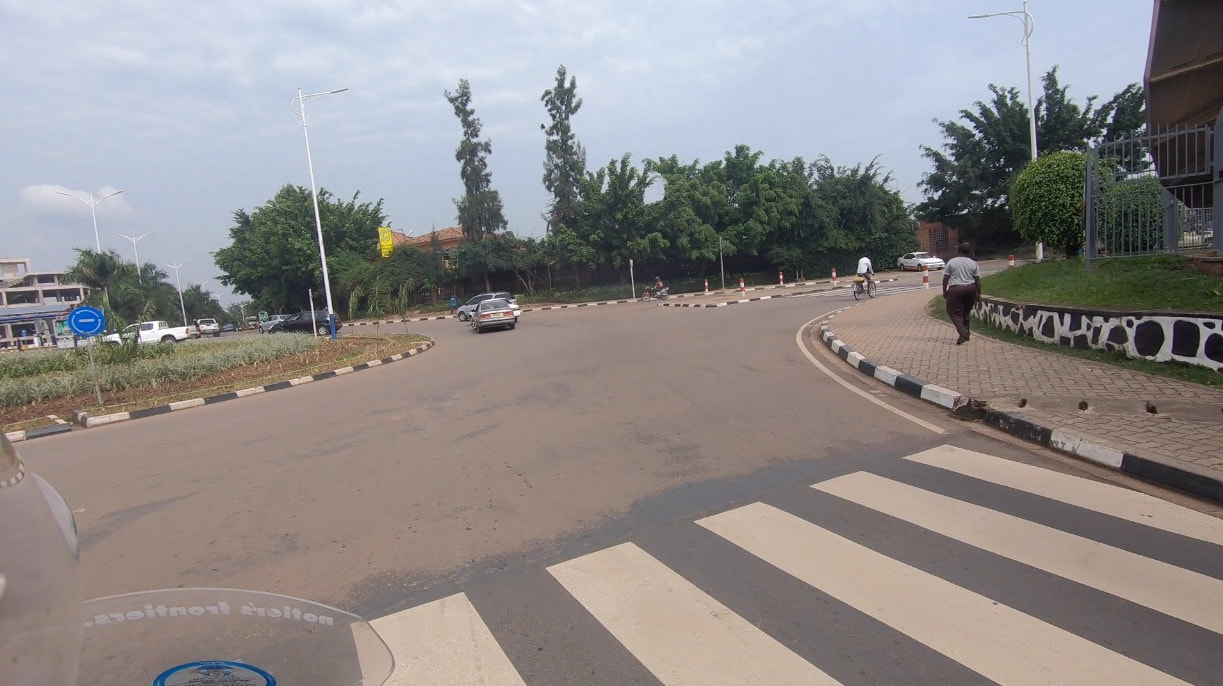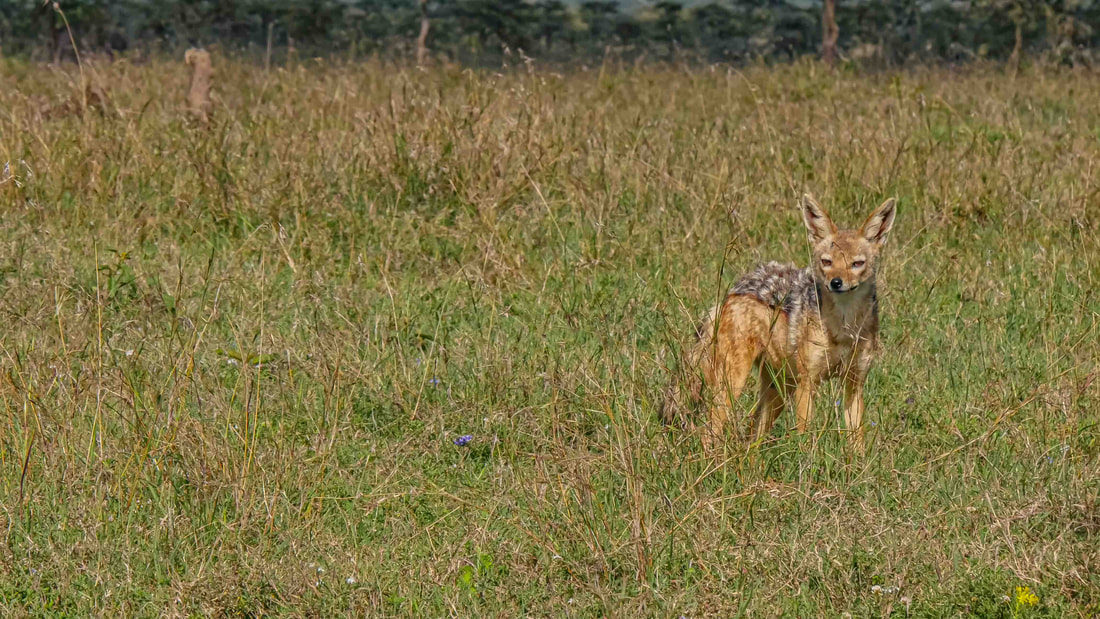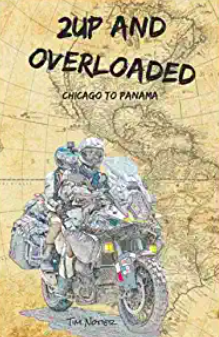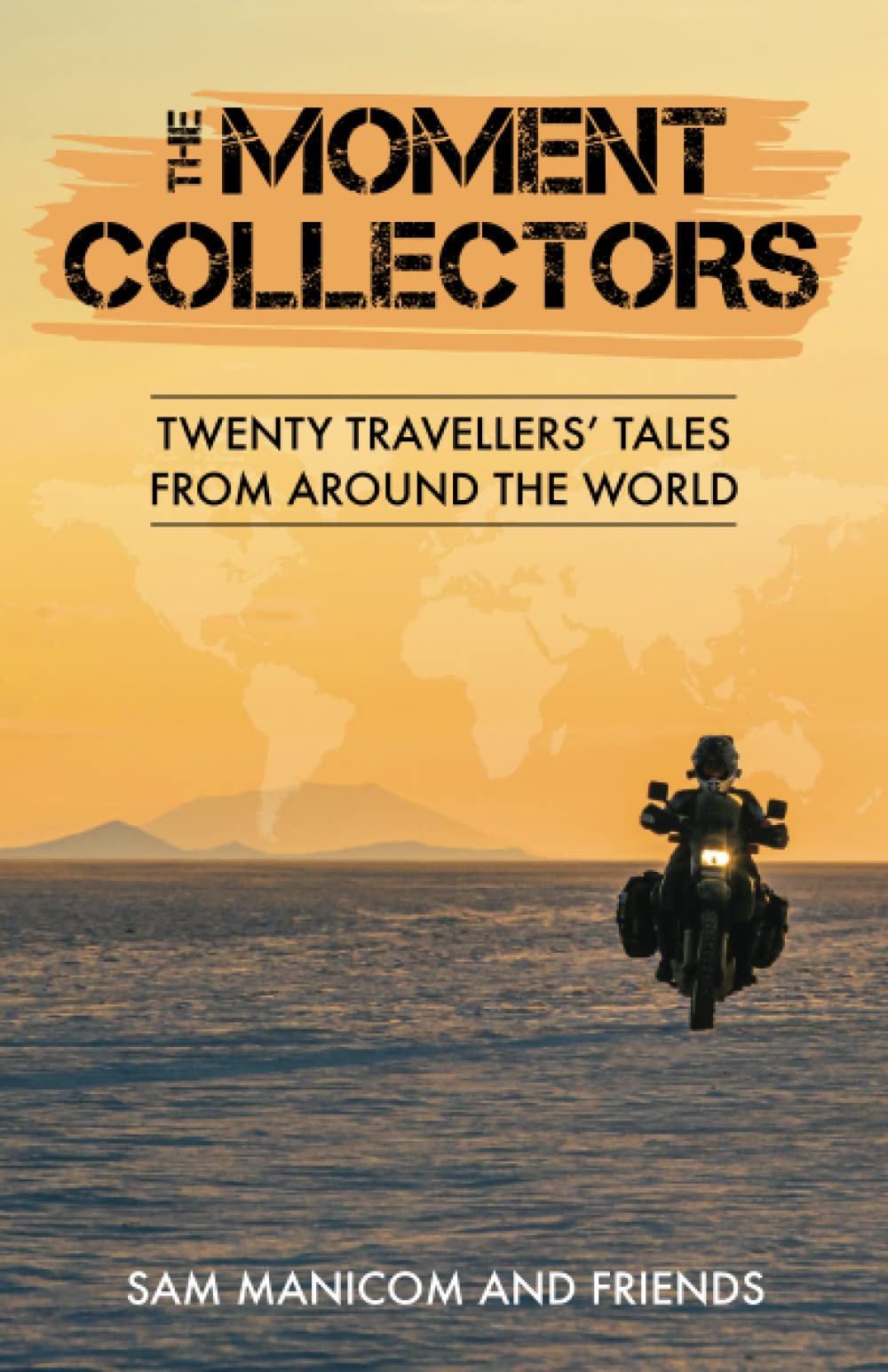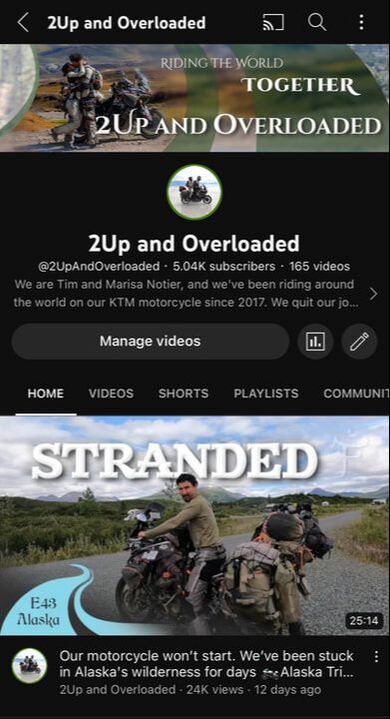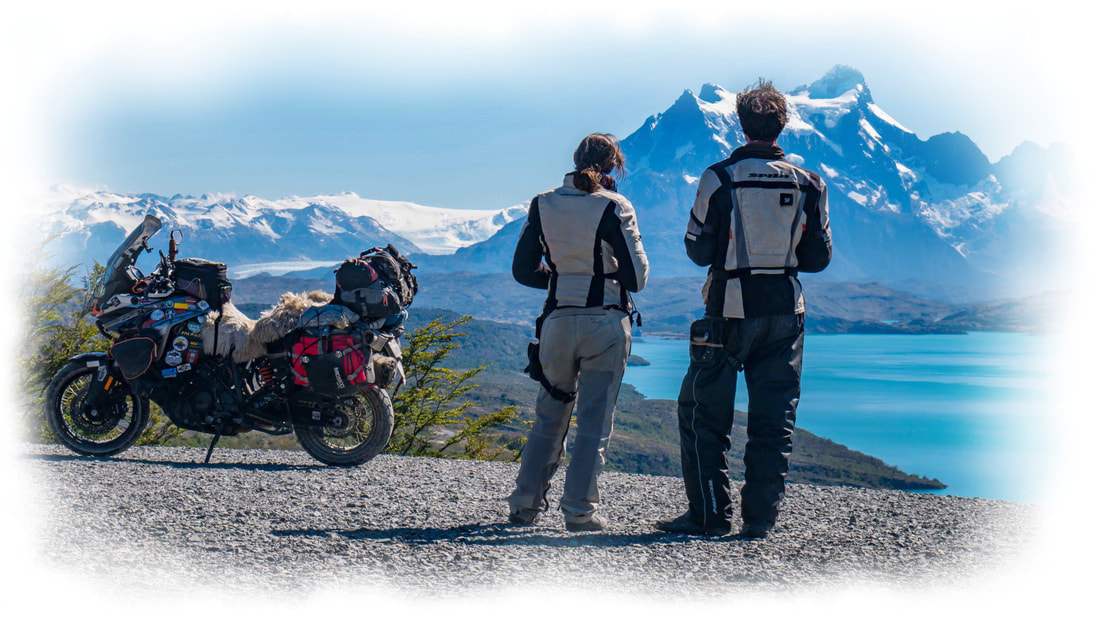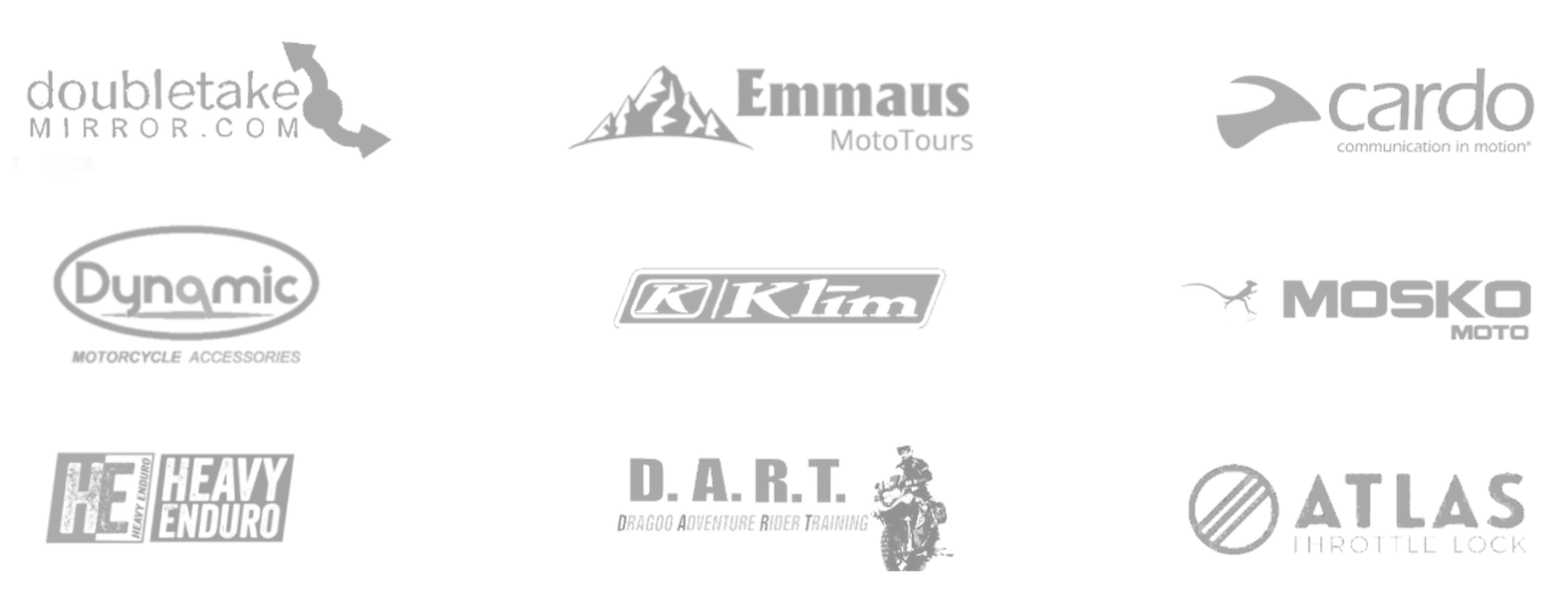By Marisa NotierThe Notier NotesOur Sunday Scoop As the world's poorest continent, Africa unfortunately sometimes has the reputation for being behind-the-times, and not up to speed with the newest technology. But while living here, I have found some instances in which Africa is actually quite innovative with new technologies and progressive ideas, sometimes even more so than other places. And the following are three of those instances: Paying with MpesaSince many people in Africa do not have the financial stability to open up a bank account, they've been mostly left out of the financial world of credit cards, ATMs, and other instantaneous forms of transactions. But this deficit only served to inspire the people of Africa to create an ingenious solution which makes using ATMs and credit cards feel archaic - sending money through your phones. "Pesa" means money in Swahili, and an app called Mpesa is used in East Africa to create a virtual bank account connected to your phone number from which you can send and receive money through an individualized routing number. So as long as you have a phone number in East Africa, you can put money into your account, and pay for things such as gas, groceries, Ubers, or even government paperwork by simply putting in their routing number which they will have displayed at their store, the amount of money to be sent, and poof... it's done. Mpesa gets a small cut from the transaction, and everyone's happy. This form of payment has become so ubiquitous in East Africa, that we once hopped into a taxi in Nairobi, and when we handed the driver cash at the end of our ride, he looked at us with wide eyes like he was saying, "What am I supposed to do with that?" He just kept repeating, "Mpesa? Mpesa?" while pointing to the routing number proudly displayed on his dash. It took us about ten minutes to find someone who had enough cash to break our bill and get us change, and needless to say, the driver was very unhappy about receiving Kenyan cash from us like it was some ancient form of currency from a long-lost civilization. Mpesa has become so popular out here, that now major companies such as Visa have jumped on board with their own versions. But Mpesa is not a perfect financial solution. When we were in Tanzania, the government decided to freeze all Mpesa accounts one day because there were too many fraudulent users. Overnight, people lost access to all their money, government agencies could no longer make transactions, and businesses ground to a halt. To recover your account, you had to go in to an Mpesa place and prove your identity with your passport, and according to the new rules, foreigners were no longer allowed to have Tanzanian phone numbers. As you can imagine, this was extremely inconvenient for us, since not only could we no longer have a working Tanzanian phone plan, but government fees were only equipped to be paid in Mpesa, which we weren't allowed to have anymore... it was a mess. But as with any new technology, it's expected to have to work out a few kinks, and overall, Mpesa has proven to be an extremely exciting way for people to pay for things. It has eased the flow of money, and has allowed businesses to prosper in a region of the world that has been mostly forgotten by the global economy. So who knows, maybe one day the rest of the world will catch up and start using Mpesa too! Kenyan High-Speed InternetAs I write this in Uganda, the super-slow internet here has stopped working for the second time in a week. So this next innovation is not a continent-wide thing, or even a region-wide thing, but is country specific to Kenya. Because unlike its neighbors, Kenya has surprisingly good internet, and for very reasonable prices. When we were living in Kenya, we paid $25 a month for super high-speed unlimited internet, and it worked fantastically. This is because the Kenyan government has recognized that providing people with internet will help the economy in countless ways, and so they've taken efforts to make sure that internet is not only available to nearly every part of the country, but is affordable as well. This has not gone unnoticed by the international community. Google has even started doing experiments with their newest internet technologies in Kenya because they say the technological infrastructure is perfect for them to complete trials of their "internet balloons". These massive balloons are intended to project internet to rural areas without the need for on-the-ground development. While we were in Nanyuki, we actually saw these huge silver circles hovering in the sky much higher than planes could go, and we thought they were UFOs. Check out the picture we took and tell me it doesn't look like a flying saucer! Kenya has certainly stepped up to the plate when it comes to providing internet to its citizens. Now if only the electricity would stay on all the time... No Plastic BagsRwanda was the first country in the region to outright ban the usage or sale of single-use plastic bags, and the rest of East Africa quickly followed suit. In 2017, Kenya imposed the world's strictest plastic bag ban, and I can attest to its strictness since we had found a plastic bag in the house we were renting and suggested our landlord use it to carry his belongings in the rain. But he shouted, "No! They will arrest me if they see me walking with this bag!" And it's true. They do arrest people for having plastic bags. This became the first time in my life that I had to throw away garbage without a garbage bag. Amazingly, garbage bags aren't even sold at stores, because they simply don't exist in Kenya. At first I didn't quite know what to do with all the gross meat containers and leaky things I needed to throw away. I'd horde the plastic packaging used for pasta or toilet paper, and use those for the garbage. But soon I realized that it wasn't so hard just to put my trash in the garbage bin as is, leaky and all, and then just hose out the bin and put it in the sun once a week. It really wasn't so bad after all. In comparison to our travels in Latin America, or even other parts of Africa where plastic bags are still allowed, I have to say that Rwanda, Kenya, and Tanzania are all visibly much cleaner and less polluted (especially Rwanda, wow!). I believe these plastic bag bans have made a huge difference in the ecosystems here. Now we just have to figure out the problem of all the other disposable plastics such as Coca-Cola bottles, chip bags, and water bottles. But certainly, East Africa is well on its way to putting the beauty and environmental health of their countries before convenience. So these were just three ways in which Africa has surprised me with its innovations, but I think it's safe to say that as a whole, the African people are resourceful and persistent, even when they start out at a disadvantage. When they see a problem, they tackle it, and somehow they always seem to do it with a smile on their face. We've been working hard on our YouTube videos, and I think they're a great way for people to get a more intimate picture of what our crazy lives are like, and I hope they allow you to get to know us even better. So I've put some links below to our videos from this week. Enjoy!
This week we'll be flying home, but more about that next Sunday. See you then!
|
Follow UsRide with us from Chicago to Panama!
2Up and Overloaded Get inspired by the tale that started it all:
Maiden Voyage 20 author's tales of exploring the world!
The Moment Collectors Help us get 40 miles further down the road with a gallon of gas!
Become a Patron for early access to our YouTube Videos!
Subscribe to our YouTube Channel!
Subscribe to our Blog by Email
|
2Up and Overloaded
Join our clan of like-minded adventurers...
Proudly powered by Weebly
Designed by Marisa Notier

